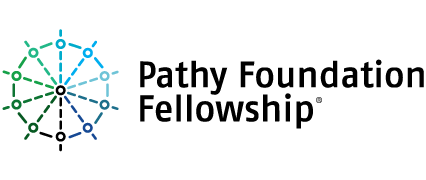Danie K. Mahirane
University of Ottawa
Project Location: Kyegegwa District, Uganda
SASA-RDC
What was the initiative?
During her Fellowship, Danie launched Sasa-RDC Initiatives (“Now for the Future”), a program aimed at empowering pregnant girls and young mothers within Kyaka II Refugee Settlement in Uganda. Working primarily with pregnant teens and mothers under the age of 18, Danie’s initiative sought to provide sustainable solutions through four core programs: Sexual and Reproductive Health and Rights (SRHR) training, Girls’ Co-op income-generating programs, Held-Hands emergency support, and Youth Initiatives. These components worked together to raise awareness, provide vocational opportunities, and challenge entrenched societal norms, helping young mothers regain their autonomy and build a stronger, self-sustaining community.
What was the community connection?
Danie’s lived experience and deep-rooted connection to Kyaka II Refugee Settlement as a former resident informed the initiative’s direction. Reflecting on the experiences of young girls in the community, Sasa-RDC was specifically tailored to the experiences of young mothers and pregnant girls, ensuring their voices, needs, and visions were prioritized. Through a collaborative women-led leadership model, Danie worked alongside refugee women to launch programs that were guided by local knowledge and built on existing community strengths. Her initiative became a catalyst for discussions on sexual and reproductive health, gender equality, and economic empowerment, fostering community resilience and improved opportunities for young refugee women.
How was it innovative?
Over the course the Fellowship year Danie, alongside her community, was able to deliver impressive, scaled impact in Kyaka II through Sasa-RDC. Together, Danie and her team of four women, trained over 90 pregnant teenage girls and young mothers on SRHR topics, provided a number of income-generating activities to 56 young girls organized into 9 Girl’s Co-op groups, provided critical emergency response to over 25 girls through the Held-Hands program, and reached over 280 community members through their youth initiatives. Danie also facilitated the return to school of two young mothers, one in grade 6, and the other in grade 4. Danie began her initiative by interviewing nearly 200 young mothers and pregnant teenagers under 18 years old. This comprehensive appreciative inquiry process directly informed all programming decisions and directions, ensuring a community-driven approach. Sasa-RDC Initiatives promoted self-sufficiency and systemic change. By integrating income-generating activities with SRHR education, the initiative ensured that participants gained both knowledge and practical tools to build a stable future. The Girls’ Co-op program allowed young mothers to start small businesses, giving them financial independence while maintaining flexibility for childcare and education. In addition, Held-Hands emergency support addressed urgent needs highlighted in the initial appreciative inquiry process. The Youth Initiativesencouraged open conversations about stigma, gender norms, and reproductive rights within the broader community. Through appreciative inquiry and participatory methods, Danie engaged the entire community– including parents and local leaders – in finding solutions that uplifted young women without reinforcing harmful stereotypes or restrictions. Sasa-RDC’s success and impact led to the creation of Women-led Initiatives for Development and Resilience in Communities (WIDRC), a registered, community-owned and led organization in Kyaka II. WIDRC builds upon the foundation of Sasa-RDC and ensures the long-term sustainability of its programs, continuing Danie’s vision for holistic, women-driven, Refugee-led change.
What is Danie doing now?
Following her Fellowship, Danie remains deeply involved in refugee-led initiatives in Kyaka II and beyond. As a liaison member of WIDRC, she works closely with the leadership team to ensure continuity and foster new partnerships. She is currently working on growing her non-profit, The Iturian, which encompasses Sasa-RDC and other ongoing initiatives. Her work continues to impact and uplift young women through education, economic empowerment, and community-building.


